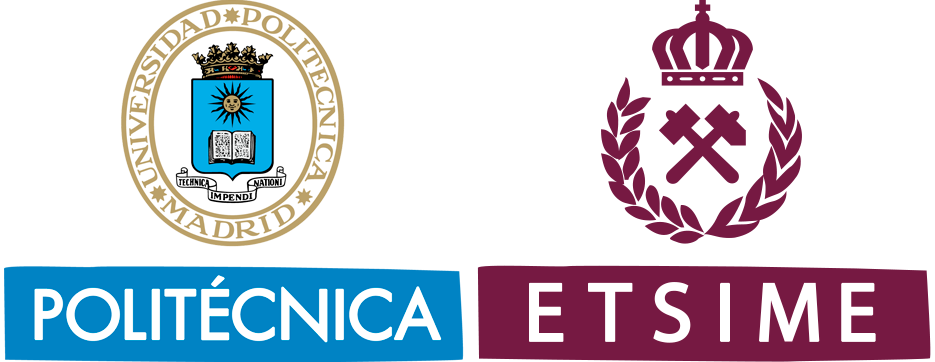In January 2004, the Polytechnic University of Madrid (UPM) and UNESCO signed an Agreement for the creation of a UNESCO CHAIR in Mining and Industrial Heritage, within the UNITWIN/UNESCO Chairs Program (CUIEP).
In March of that same year 2004, the UPM and ICOMOS Spain (hereinafter CNE) established an Agreement, which agreed to the creation of an ICOMOS Chair of Historical Cultural Heritage, in a broad sense, with headquarters at the ETS of Minas de Madrid. Due to their common objective, both chairs have been integrated to constitute the UNESCO – ICOMOS (Spain) Chair of Mining, Industrial and Historical-Cultural Heritage (hereinafter CUIEP), encompassing both fields of action.
In June, the presentation ceremony of the Chair took place at the ETSI of Minas, under the presidency of His Excellency. and Mfco. Mr. Rector of the Polytechnic University of Madrid, and with the assistance of the Hon. Mr. Secretary General of the National Commission of UNESCO, the Hon. Mr. Director of the Higher School of Mining Engineers and the President of ICOMOS SPAIN. Among the attendees was the General Director of Fine Arts representing the Ministry of Culture, among other personalities and representatives of professional organizations in the sector.
The International Council on Monuments and Sites (ICOMOS) is a scientific organization, an advisor to UNESCO in the field of cultural heritage, and made up of specialists from different disciplines.
The UNESCO–ICOMOS Chair (Spain) aims to offer an interdisciplinary, critical, reflective, open and rigorous space for study, research and debate on the main issues and problems that affect the conservation of historical heritage.
The ownership of the UNESCO-ICOMOS Chair (Spain) is held by the Prof. D. José María García de Miguel, professor at the UPM and Vice President of ICOMOS Spain.
For the proper functioning of the UNESCO – ICOMOS Spain Chair, an Advisory Council was established. It is made up of personalities and representatives of relevant institutions within the field of cultural heritage. Likewise, an Executive Council was established in charge of ensuring compliance with the purposes set forth in the constituent documents, through the establishment of programs and activities, collaboration in their implementation, and monitoring their execution.
Among its objectives, it is worth mentioning:
- Promote actions and programs, in order to enhance the general principle of UNESCO, of dialogue between civilizations and cultures based on the common historical heritage (Declaration of New Delhi of 2003.
- Establish centers of excellence for specialized studies and advanced research, with the support of the international community.
- Strengthen the creation of cooperation networks between institutions dedicated to heritage conservation and research, especially with other UNESCO Chairs with similar purposes, in collaboration with UNESCO and ICOMOS.
- Give new impetus and a global dimension to cooperation agreements and other forms of association between institutions that deal with cultural heritage, between industrialized countries and developing countries.
- Promote, guide and support actions dedicated to making conservation compatible with tourist exploitation of historical and industrial heritage and service to the communities that support it, especially Hispanic mining heritage.
The activities to be developed will focus on:
- Training of technicians specialized in conservation.
- Actions aimed at extending the significance of historical-cultural heritage to society in general, especially to new generations, through coordination with institutions related to education and the mass media.
- Reflection and communication work on the reality and prospects of cultural heritage, especially historical-mining and industrial heritage. This aspect includes the publication of books, studies and articles in magazines, the convening and organization of seminars, workshops, conferences and meetings, the dissemination through computer media of the studies carried out, etc.
- Advice, direction and cooperation in studies proposed by Spanish or foreign entities, mainly from the European and Ibero-American community, within the specific aspects stated in the previous section relating to the objectives.



